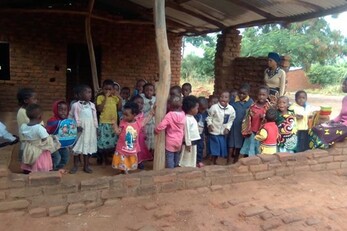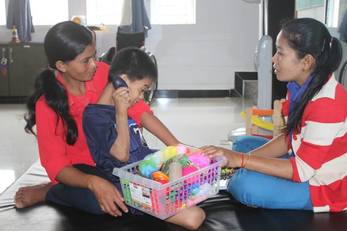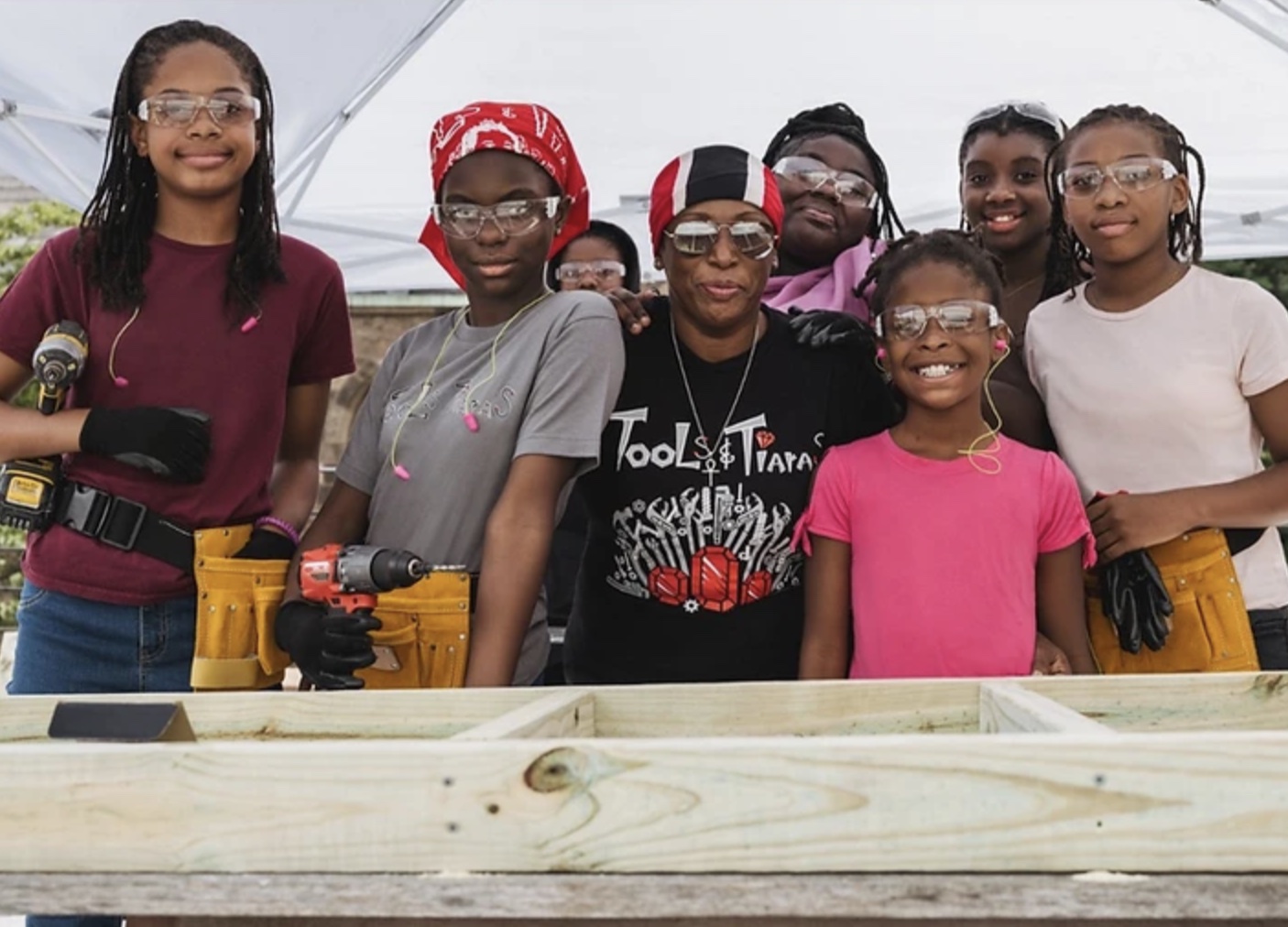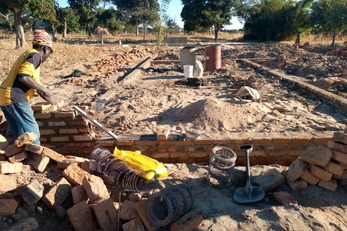Advancing Educational Opportunities in the Ecuadorian Amazon
Project Launch: 4-3-17
The Ecuadorian Amazon is one of Ecuador's most ecologically diverse areas although the region also suffers from high rates of poverty. Few opportunities for social mobility are available. The Arajuno Road Project has developed a student-centered curriculum to better provide the area's residents with courses to become competent and literate polyglots (Spanish, Shuar, and English). These multilingual skills will prove invaluable as adolescents and adults seek the chance to work in business, the tourism sector, and in other niches in and out of the region. This project seeks to expand the coverage of this curriculum within and outside of the formal classroom setting, offering the chance for participants to receive educational programming at school, in a community computer lab, and through the community centers.
Project Update: 8-15-17
Five of six language and literacy projects have been completed by five teachers in two schools. Classrooms from both schools delivered their projects through presentations, materials and plays to their parents, classmates, community members, and local authorities. The projects highlighted the region's local heritage and created resources that the schools will continue to use. Traditional tales, local history, and daily life were all chronicled for future students and the communities. Two of three parent workshops have also been completed. In-country mental health professionals led sessions to support mothers and fathers around issues that impact the students' home lives. Six home visits to deliver study furniture to students were completed, estabishing student work spaces in the home. Needy families were identified by a teacher-led initiative throughout the school year. One cycle of community center classes has been completed and the current cycle of classes is in progress (classes are offered for six week periods). The vast majority of classes have been given in English. There is some computer access during the community center library hours. Two training workshops for local teachers on how to implement language and literacy projects have been conducted.
Final Report: 4-2-18
The Multicultural Children's Literature Initiative produced 3 different outputs which depict children that actually reflect local populations. One is a literary magazine with illustrations painted by students to reflect their appearance and the other is a set of murals students painted along the front of the school depicting children and adults with various skin colors -- including one painting of the graduating class as they imagine themselves in their future professions. The third is a laminated picture book created by the pre-K parents where they painted their children’s portraits with accurate brown colors. Another major success of the project is that indigenous students now openly share their cultural background and practices at school instead of hiding their identity. Students and teachers are more receptive to the importance of a multicultural approach to literacy. Teachers are convinced that this approach helps them increase their own confidence as educators and will motivate and engage all students.
A major success of the Parental Outreach effort was the dramatic increase in consistent participation of the pre-K parents at workshops. At the last workshop, the parents shared a list of topics they would like for future seminars with Family Lab America Latina. Participants are proactively seeking opportunities to continue the project’s work.
The community center project offered several language courses (primarily English) throughout the year for both adults and children, art workshops for children, a couple of computer classes for youth and adults, a cooking and nutrition session for children, weekly movie nights for youth and children, and (often daily) library hours that were utilized by youth and children. A few dedicated students (youth and adults) were able to access educational support, largely in the foreign languages, that they would not have otherwise received, children were provided with constructive activities during their free time, such as art and reading, a few adults have been able to work on their computer and spreadsheet skills, and ARP served as a broader catalyst for community development, creating more support for community-led initiatives, such as a football tournament and the establishment of a community bank.
Explore other Projects











